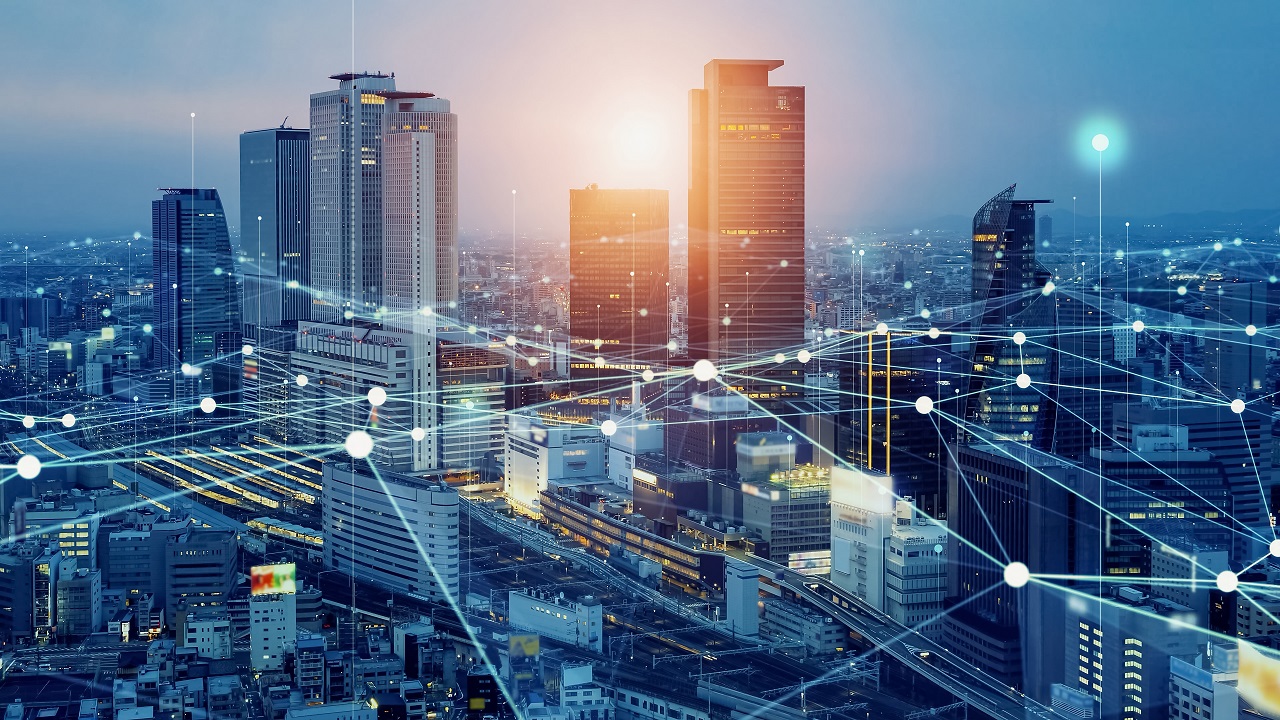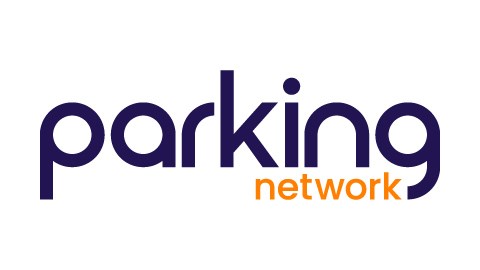
As cities around the world continue their journey toward becoming fully integrated smart ecosystems, parking systems are emerging as key players in the evolution of urban infrastructure. With artificial intelligence and smart technologies transforming urban landscapes, the parking industry is poised to play a pivotal role in reshaping city operations. In 2025, parking is no longer a standalone component; it’s a dynamic and interconnected hub within the AI-driven smart city grid.
Here’s how parking is stepping into the spotlight and contributing to the broader goals of smart cities:
1. Integrating Parking Data into Urban Traffic Management
Modern parking facilities equipped with IoT sensors and AI-driven monitoring systems generate massive amounts of data. This data offers unparalleled insights into vehicle movement, congestion hotspots, and parking demand patterns. When integrated into city-wide traffic management systems, these insights enable real-time decision-making to:
-
Reduce congestion by guiding drivers to available parking spaces through dynamic signage and navigation apps.
-
Optimize traffic flow by coordinating traffic signals and rerouting vehicles during peak times.
-
Enhance emergency response by ensuring clear paths and minimal disruption in high-traffic areas.
The integration of parking data creates a symbiotic relationship between urban mobility systems, improving efficiency across the board.
2. Supporting Urban Energy Optimization
Parking structures are uniquely positioned to contribute to urban energy management. Smart parking systems can double as hubs for energy storage and distribution. For instance:
-
Solar-powered parking lots equipped with photovoltaic panels can harness renewable energy to power facilities and contribute to the grid.
-
Vehicle-to-grid (V2G) technology can transform electric vehicle charging stations into energy exchange points, allowing parked EVs to store and return energy to the grid during peak demand.
-
Energy-efficient designs, such as LED lighting and automated systems, minimize resource consumption, contributing to sustainability goals.
By aligning with city-wide energy strategies, parking operators can play a crucial role in achieving net-zero targets.
3. Transforming Parking Infrastructure into Multi-Use Spaces
With the rise of AI and data-driven insights, the concept of parking is evolving from static facilities to dynamic, multifunctional hubs. In smart cities, parking infrastructure can serve a dual purpose:
-
Mobility Hubs: Parking structures can house shared micro-mobility services like bikes and scooters, along with EV charging stations and public transit connections.
-
Event Adaptability: Advanced monitoring systems can repurpose parking spaces for events, pop-up markets, or urban green spaces when demand is low.
This adaptability aligns with the broader smart city vision of maximizing space efficiency while meeting diverse urban needs.
4. Improving Accessibility and Equity Through AI-Driven Solutions
AI is enabling parking systems to become more inclusive and equitable. Smart technologies can ensure that parking resources are distributed fairly across demographics, reducing disparities in access. Examples include:
-
Dynamic pricing models that offer affordable options during non-peak hours or for underserved communities.
-
Real-time accessibility features that reserve spaces for individuals with disabilities and provide location updates via apps.
-
Enhanced enforcement capabilities to prevent misuse of reserved spaces, ensuring equitable access for all users.
A Vision for the Future
In 2025, the parking industry’s integration into the smart city grid is not just a technical evolution but a strategic shift toward a more sustainable, efficient, and inclusive urban future. By leveraging AI, IoT, and energy innovations, parking systems are becoming key enablers of broader urban goals, from reducing emissions to improving mobility.
As we look ahead, the question is no longer “How does parking fit into the city?” but rather “How can parking drive the city forward?”
With technology at the helm, parking is no longer a destination but a dynamic piece of the smart city puzzle, enabling a more connected and forward-thinking urban ecosystem.
 About Parking Network
About Parking Network
Parking Network is the leading information source for parking. We connect professionals through our online and offline channels. On our online platform parking.net, we publish the latest news, product showcases, job openings, and tenders related to parking. On our platform, you can access the most complete industry and parking professionals directory. Offline, we host niche-specific networking events such as the Airport Parking Network Event.


